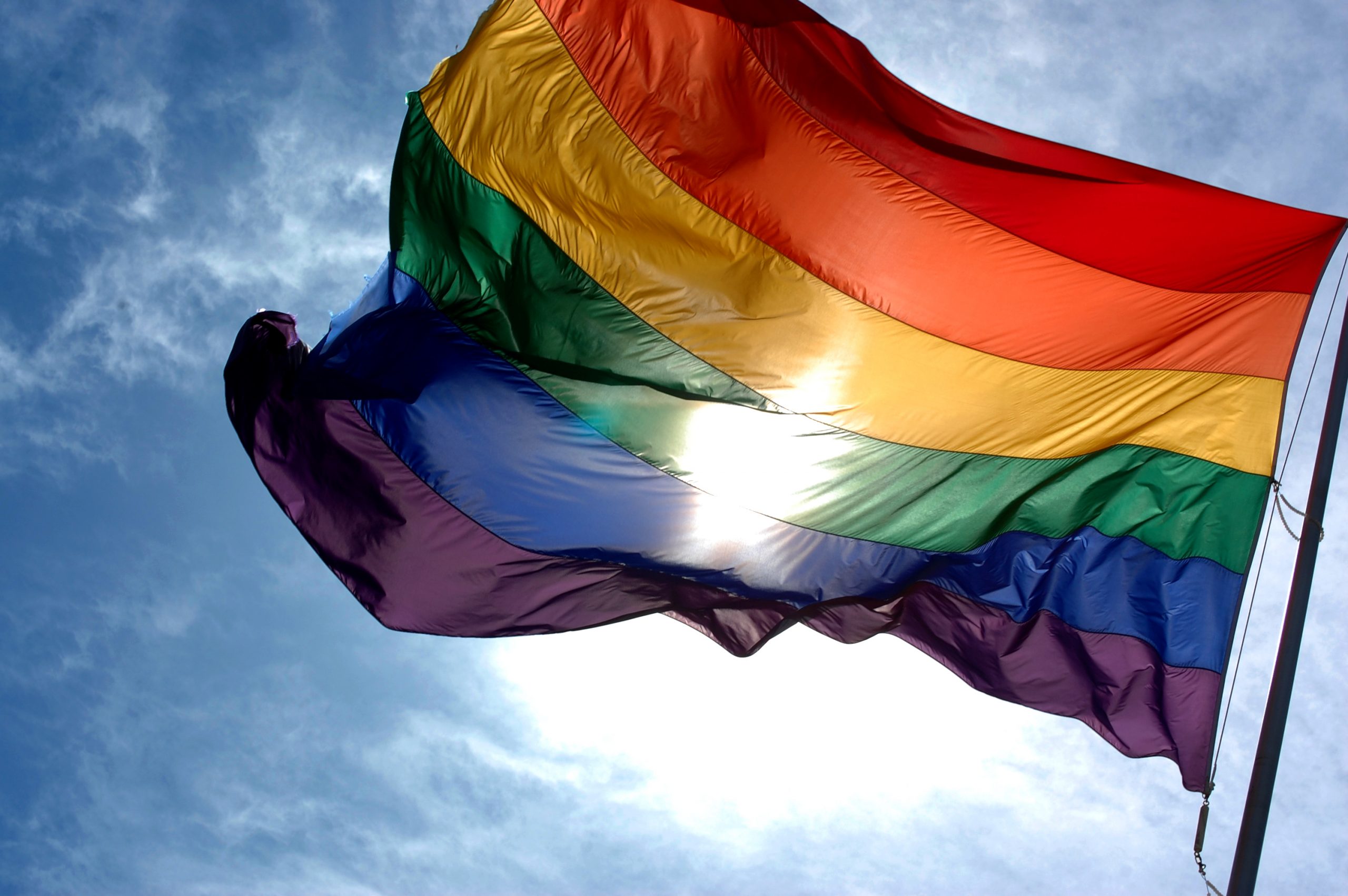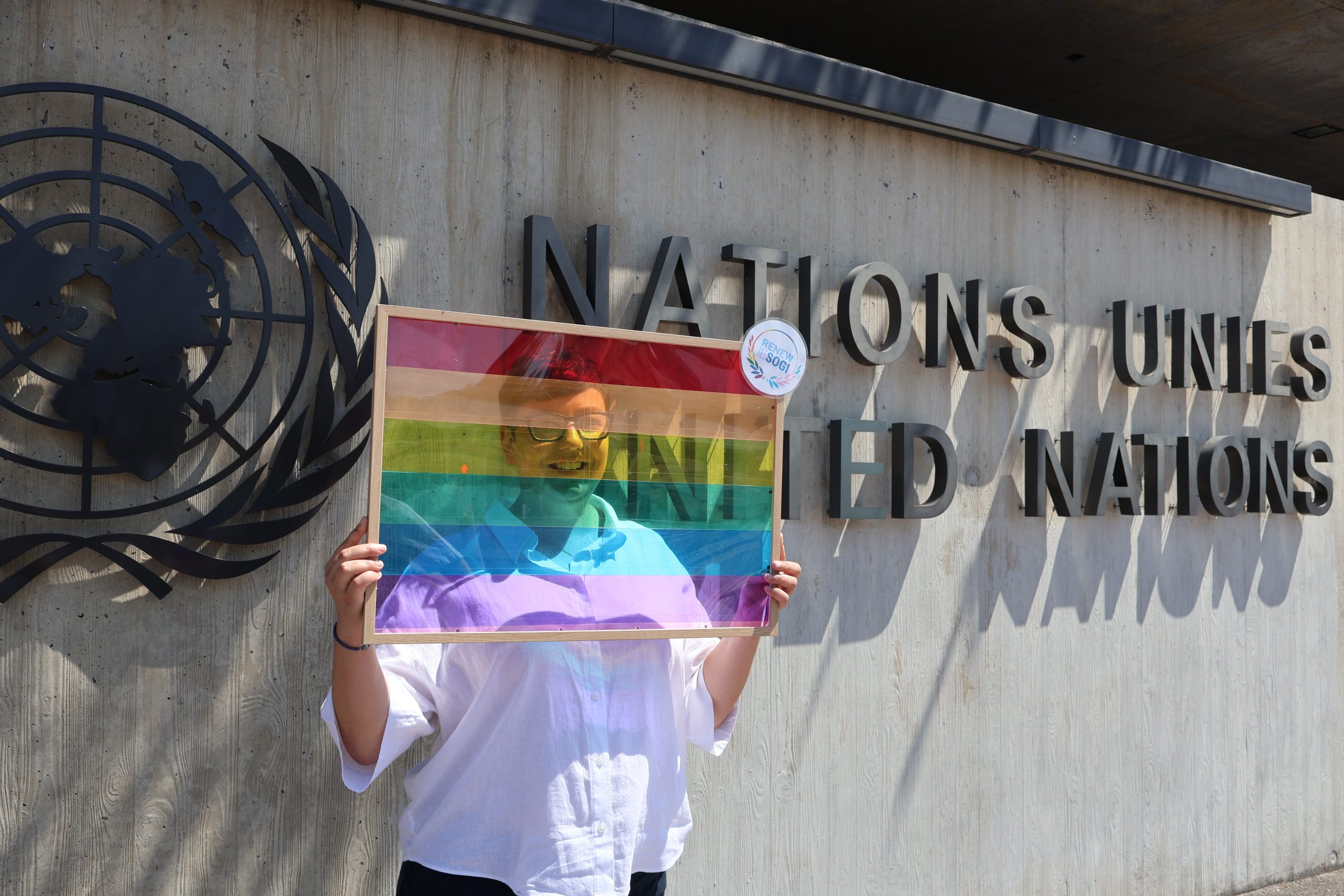Independent Expert on Protection Against Violence and Discrimination Based on Sexual Orientation and Gender Identity
On 1 November 2024, the General Assembly’s Third Committee held an interactive dialogue with the Independent Expert on Sexual Orientation and Gender Identity, Graeme Reid. Reid presented a report that underscored the importance of addressing structural barriers including violence, hate speech, and discriminatory laws that limit electoral participation of LGBT communities. Reid emphasised that universal and equal suffrage must be accessible to all, regardless of sexual orientation or gender identity (SOGI) and recommended that all countries adopt voter education campaigns, decriminalise same-sex conduct, and safeguard freedom of expression online and offline.
Various States including Iceland, Albania and Malta voiced support for Reid’s mandate. Brazil reiterated its dedication to LGBTIQ+ political representation, while Japan endorsed an end to violence and discrimination. The US, UK, Belgium, Slovenia, and Germany emphasised LGBTIQ+ rights as key to democratic resilience. Australia stressed the importance of safe, inclusive environments and the need to remove SOGI-based discriminatory laws, while Colombia cited specific national regulations to uphold LGBTIQ+ rights, especially in elections.
Report by the Working Group on the Issue of Human Rights and Transnational Corporations and Other Business Enterprises
On 1 November 2024, the Working Group on Human Rights and Transnational Corporations, chaired by Fernanda Hopenhaym, presented its report: Protecting and respecting the rights of lesbian, gay, bisexual, transgender, and intersex persons in the context of business activities to the Third Committee. Hopenhaym emphasised that both States and businesses must ensure inclusive, gender-responsive due diligence for LGBTIQ+ protections, calling for anti-discrimination laws and coordinated actions across all levels.
In supporting this report, Belgium reported steps taken to combat workplace discrimination, the EU highlighted the new Corporate Sustainability Due Diligence Directive, a framework to enforce human rights standards in business operations and supply chains, Ireland reinforced that LGBTIQ+ rights are universal, and Chile emphasised the importance of respecting human rights principles and preventing discrimination in business.
Report on Cultural Rights and LGBTIQ+ Inclusion in Sports
On 1 November 2024, the Special Rapporteur on Cultural Rights Alexandra Xanthaki underscored that sports participation is a cultural right that must be accessible to all, including LGBTIQ+ individuals, across grassroots, amateur, and elite levels. Xanthaki called for proactive measures to dismantle stereotypes and barriers, emphasising State accountability in upholding inclusive sports environments and supporting those who experience discrimination.
Countries echoed this commitment. The US emphasised the societal benefits of sports for all participants calling for equal opportunities, especially for LGBTIQ+ athletes. Brazil highlighted sports’ role in unifying people, stressing the importance of access for marginalised groups, including LGBTQ+ individuals. Chile voiced concerns about homophobia and transphobia in sports, advocating for measures to challenge stereotypes affecting women and LGBTQ+ participants. The European Union and Cyprus emphasised the role of inclusive sports in cultural expression and sustainable development.
Report of the Special Rapporteur on Extrajudicial, Summary, or Arbitrary Executions
On 1 November 2024, the Special Rapporteur on Extrajudicial, Summary, or Arbitrary Executions, Morris Tidball-Binz presented a report highlighting the link between criminal penalties for consensual same-sex conduct and extrajudicial killings, and advocating for their repeal to prevent such violations and promote justice. The report also called for the dismantling of stigma around LGBTQ+ rights through public campaigns and legal recognition of identities as a step toward reducing violence and discrimination Tidball-Binz emphasised the importance of training law enforcement to address LGBTQ+ hate crimes, including specialized investigation protocols, drawing on examples from Latin America. In closing, Tidball-Binz urged international bodies and philanthropists to fund LGBTQ+ advocacy to boost protections and public awareness.
Countries shared positive initiatives. The UK highlighted its recruitment of LGBTQ+ police officers and the Gay Police Association to foster trust. Norway introduced a hate crime prevention center, while Sweden appointed specialized investigators for LGBTQ+ hate crimes. In Colombia, the Special Jurisdiction for Peace acknowledged LGBTQ+ persecution as a crime against humanity, setting a precedent for inclusive justice. In contrast, India reported judicial progress in creating a sensitisation module for judges on LGBTQ+ issues.
Report of the Special Rapporteur on Extrajudicial, Summary, or Arbitrary Executions
The Special Rapporteur on Russia, Mariana Katzarova, presented a report in which the widespread and systematic use of torture and ill-treatment, committed with impunity in the Russian Federation, is examined. We welcome the reports’ reference to the work of local organisations in documenting abuses and advocating against harmful practices like conversion therapy, emphasising ongoing challenges faced by LGBTQ+ communities in the country.
Download as PDF




